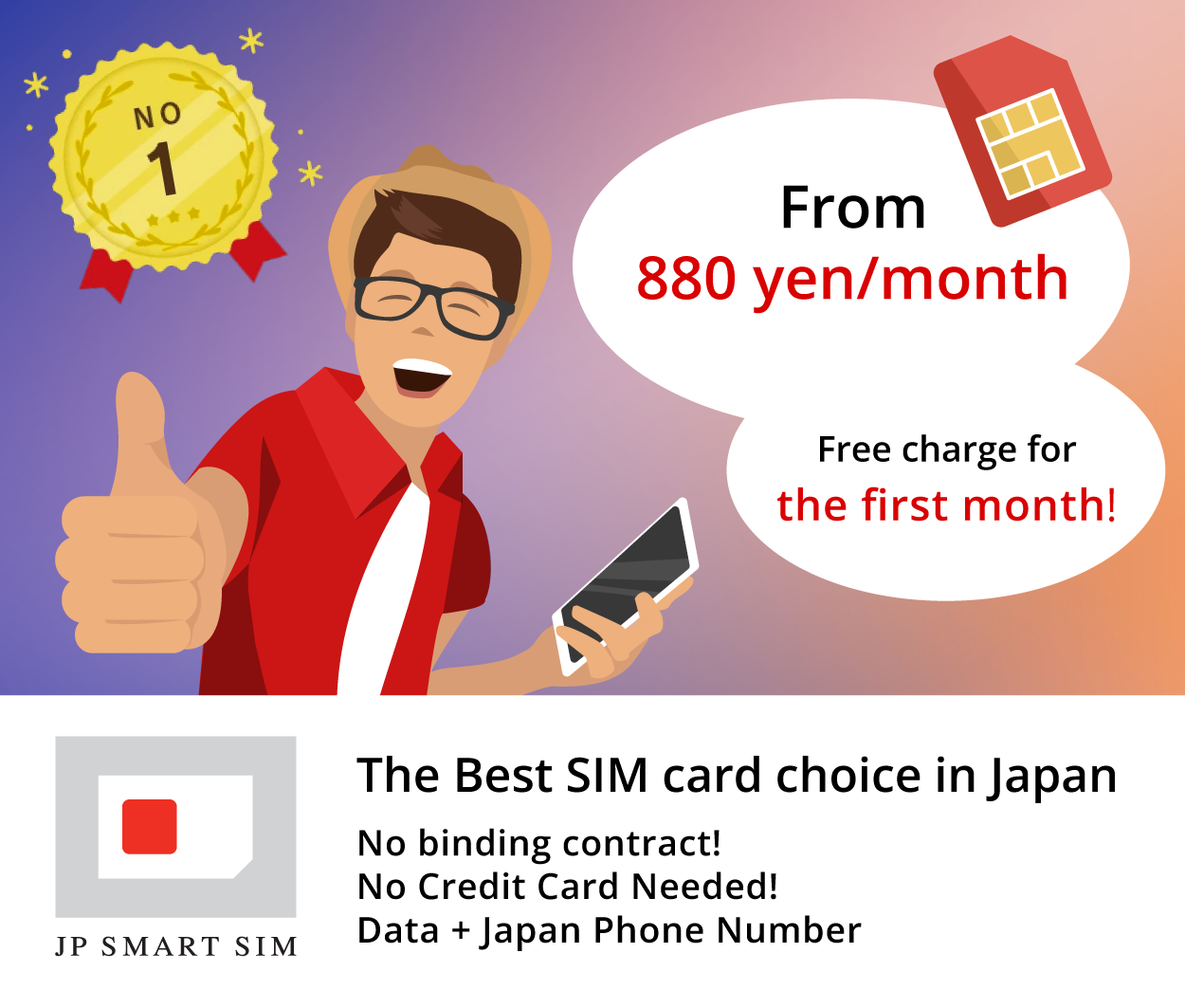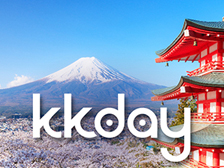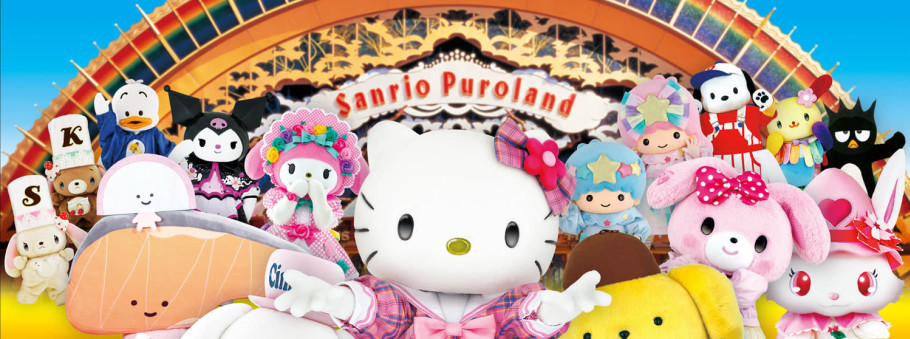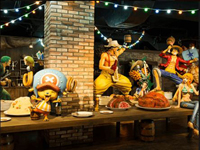Edo Soba Hosokawa


(Source: 食べログ)
Ultimate Commitment
The owner himself visits the buckwheat (seeds used for soba) farmers and selects the seeds. Then, he grinds, kneads and cuts the soba by himself in the restaurant. Soba restaurants where this process is done solely by the owner rarely exist in this day and age. The soba here is Juwari Soba, which is pure soba without any use of thickening ingredients such as flour.

(Source: 食べログ)
Seiro and Soba-yu
Seiro (soba on a bamboo basket): 1,080 yen. The soba, which is cooked to order, is flavorful, consistent and smooth. Normally, the water in which the soba was cooked is served as Soba-yu; however, in this restaurant, it is made from scratch. It's a delicacy and is thick as a pottage.

(Source: 食べログ)
Excellent Tempura
Preferably ordered together with the soba is the snago (conger eel) tempura (1,500 yen). The anago, crispy on the outside and fluffy on the inside, is served in an arch-shape as if it were still alive. The anago-bone tempura on its side also has an interesting texture.


(Source: 食べログ)
Ultimate Commitment
The owner himself visits the buckwheat (seeds used for soba) farmers and selects the seeds. Then, he grinds, kneads and cuts the soba by himself in the restaurant. Soba restaurants where this process is done solely by the owner rarely exist in this day and age. The soba here is Juwari Soba, which is pure soba without any use of thickening ingredients such as flour.

(Source: 食べログ)
Seiro and Soba-yu
Seiro (soba on a bamboo basket): 1,080 yen. The soba, which is cooked to order, is flavorful, consistent and smooth. Normally, the water in which the soba was cooked is served as Soba-yu; however, in this restaurant, it is made from scratch. It's a delicacy and is thick as a pottage.

(Source: 食べログ)
Excellent Tempura
Preferably ordered together with the soba is the snago (conger eel) tempura (1,500 yen). The anago, crispy on the outside and fluffy on the inside, is served in an arch-shape as if it were still alive. The anago-bone tempura on its side also has an interesting texture.







